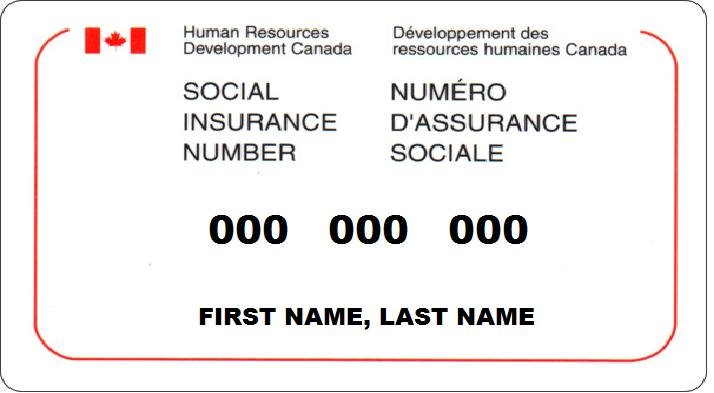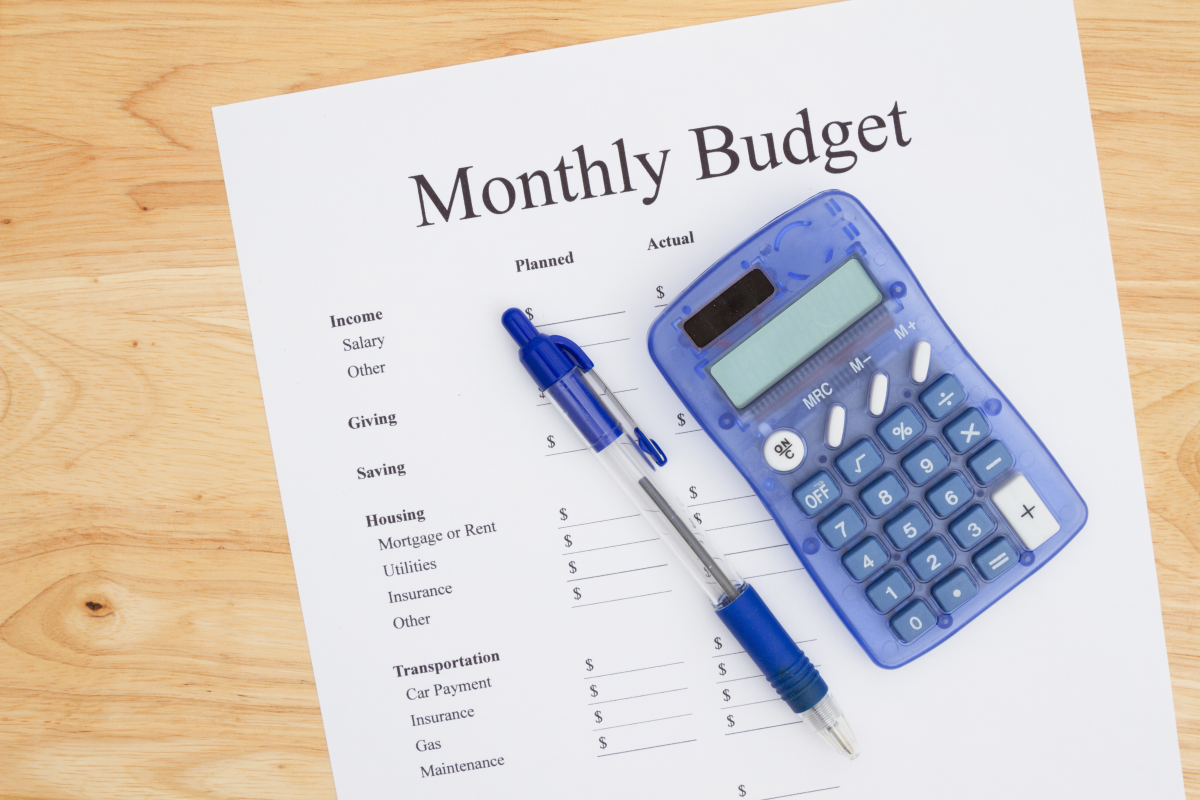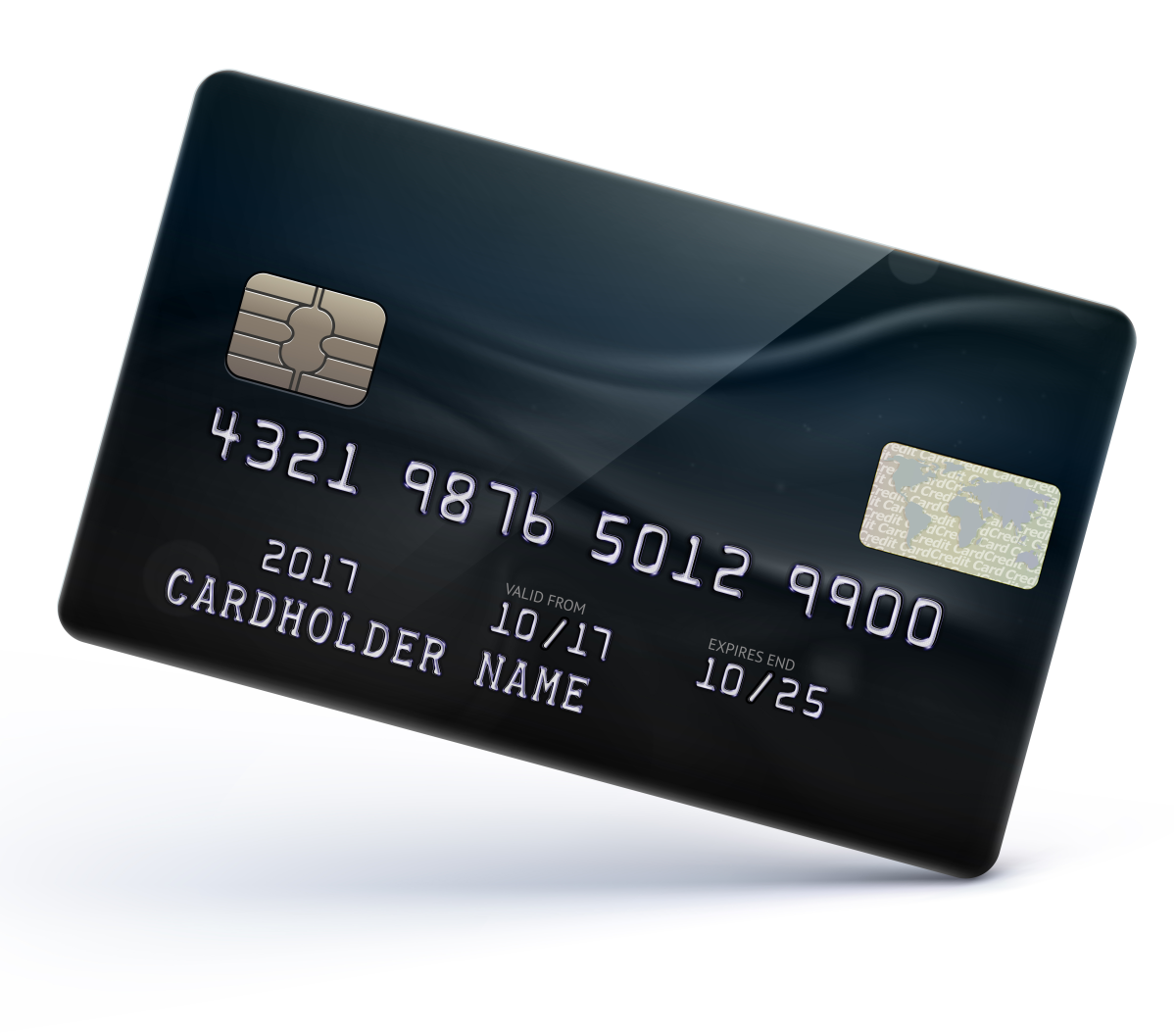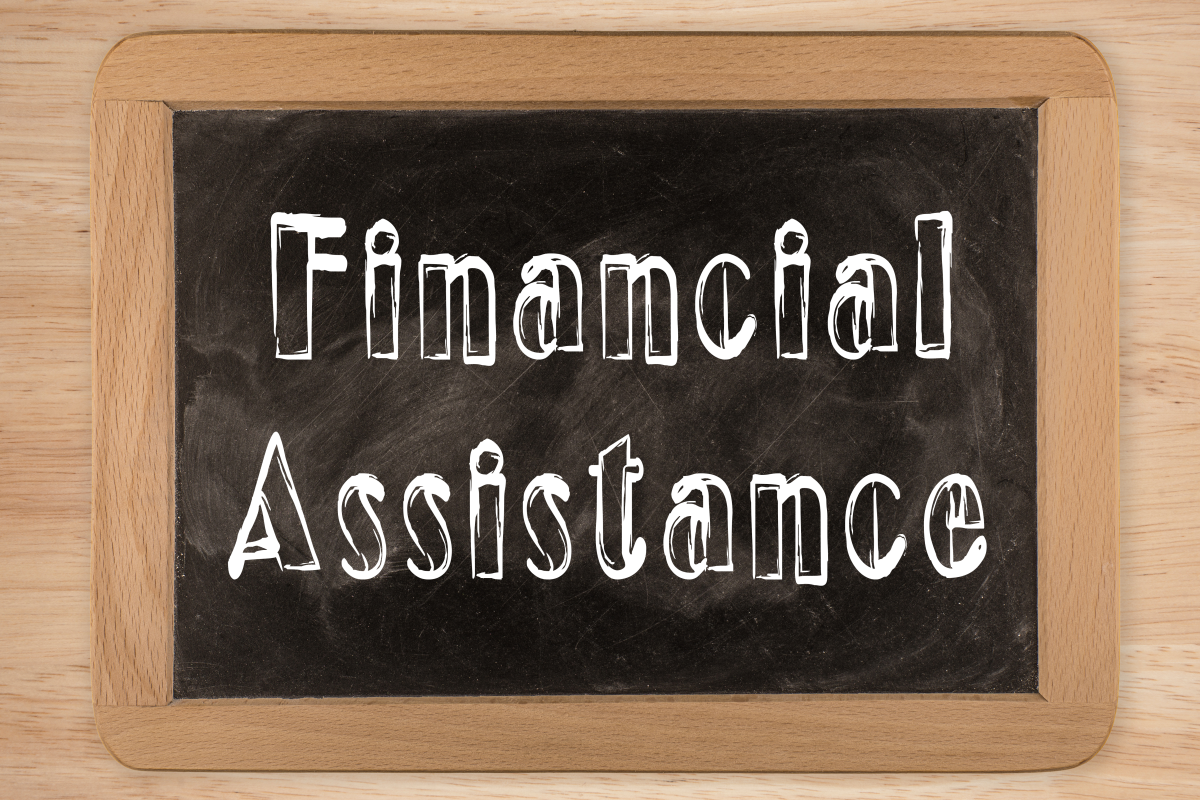How Do I Engage With My Community?
Finances
MINDS ON
How do you access money? Do you work? Do your parents give you an allowance? Do you receive financial assistance from the government or an agency?
The making and exchange of money are so ingrained (definition:Is such an important and normalized part of our lives.) in our lives that we forget or simply do not pay attention to the different elements that keep us secure and stable financially.
You should have at some point or another learned about financial literacy in school. This video demonstrates the learning that is part of the Ontario Curriculum. Pay attention to the four elements discussed in the video and reflect on the examples they provide.
Think about the four elements:
- How are you with your personal finances? Do you put money aside for savings? Do you know how to pay off debt?
- Do you have an economic understanding? Are you aware of the value of the Canadian dollar compared to the American dollar for example? What is an exchange rate?
- Do you have consumer awareness? Do you pay using debit or cash? How do you keep both safe? Are you an impulsive buyer or do you think before you make a purchase whether you really need it or not? What is the difference between credit and debit, and how the interest can accumulate?
- Do you practice good citizenship? Do you try to buy locally? Do you support businesses that give back to the community?
 How Canadians Spend their Money
How Canadians Spend their Money
Look at the following infographics. After analysing each carefully, answer the four questions below. Submit your answers to your teacher for feedback.
- How do Canadians spend their money?
- On what does the average household spend their money?
- Do these numbers reflect you or your family’s spending money?
- Why or why not?
If you want to view any links in this pdf, right click and select "Open Link in New Tab" to avoid leaving this page. (View the original article.)
If you want to view any links in this pdf, right click and select "Open Link in New Tab" to avoid leaving this page. (View the original article.)
ACTION
To be smart with your money, you need to have the knowledge, skills and confidence to make responsible financial decisions. The goal is for you to be as financially independent as possible and for that to happen, you have to develop a deeper understanding of money management by first practicing basic money skills.
What do you know about basic money skills? Go through the list and see how you fare in financial literacy.
 Money Skills
Money Skills
For each topic, visit both links. Go over the information provided and once you have completed reading the information, answer the question indicating how efficiently you are currently applying this element in your life. Read the provided scenario and apply what you read to solve the problem or make a decision. You may have to make some phone calls, dig a little deeper on the internet or ask around to get the information you need to solve the problem or make a decision.
Getting a Social Insurance Number (SIN)

Do you have a SIN card?
Scenario: Marion just turned fourteen and wants a part-time job. When filling in applications, Marion realizes that she does not have a SIN number and, because she lives in an isolated community without easy access, she has no idea what to do. What would you advise Marion do?
Banking

Do you have an open bank account? If yes, do you regularly keep track of the money that goes in and out?
Scenario: River just received a text that his friends are planning a fun night out. No doubt this will cost money and he spent the last of his pay cheque on a new video game. He has some $1200.00 in his savings account to date but that is meant for a car. What would you advise River do?
Savings

Do you have a savings account and put money in it as regularly as you can?
Scenario: Kami works after school and on the weekends to help financially at home. Kami knows it is important to put some money aside but has a hard time saying no when her little siblings ask for something, or treating herself to a new shirt or jeans. What would you advise Kami do?
Budgeting

Do you have a planned budget that you stick to as closely as possible?
Scenario: Aidy gets paid $385 a month. After paying a $45 cell phone bill and an $88 monthly bus pass, the rest is for leisure and savings for post-secondary school. How should Aidy budget that money so that it lasts until the next pay? What would you advise Aidy do?
Paying Taxes

Do you know how to file your taxes and have filed taxes in the past?
Scenario: Ash does service jobs like babysitting, mowing the lawn and dog walking. When filing for a tax return, Ash did not report these earning and now worries she will get in trouble. What would you advise Ash do? Do you know what your taxes pay for?
Credit Cards

Do you understand the risks of having a credit card at a young age?
Scenario: Hanging out at the mall, Kirra applied for and got a credit card because it came with gift certificates to a dinner and a movie. Without realising it, the credit card was soon maxed out and she could barely afford to make the minimum payments. What would you advise Kirra do?
Financial Assistance

Do you know the process to apply for financial assistance?
Scenario: Daani’s parents are unable to help pay for College. He works 15 - 20 hours a week at the local music shop and the owner told him they can work around his college schedule once he starts next year. He is worried about his expenses for next year and is considering not attending college. What would you advise Daani do?
Unexpected Expenses

If you are faced with an emergency, do you have the financial resources to help you pull through?
Scenario: Mika forgot her hockey bag outside of the garage and in the morning it was gone. She has a game next week and her parents cannot pay for all new equipment. What would you advise Mika do?
 Journal: Self-Assessment
Journal: Self-Assessment
Look at your ratings. What do you need to work on? Create a plan in your journal with what information you still need to access and how and when you will go about doing it.
For your consideration: Watch the following video, then read the article, A discussion guide on financial literacy for elementary school students from The Globe and Mail.
If you want to view any links in this pdf, right click and select "Open Link in New Tab" to avoid leaving this page. (View the original article.)
CONSOLIDATION
 Finances
Finances
Living a life with minimal financial stress is more possible when you create a budget for yourself and stick to it. Remember the financial assistance available in Ontario.
Create a sample budget using the template from Canada.ca. You can print the template, fill it in and submit a screenshot, or copy the template onto a document and upload it.
You will have to research the costs for your budget using your own experiences or a reasonable estimate of what you could be earning and spending.
Once you have completed your budget, find student banking information for a bank in your area. What are the requirements for opening an account (for example, what identification do you need?)? Add this information to the bottom of your budget plan.
Use this website from Scotiabank as an example of what to look for.
Update your Avatar profile - Super Skills me - financial literacy.